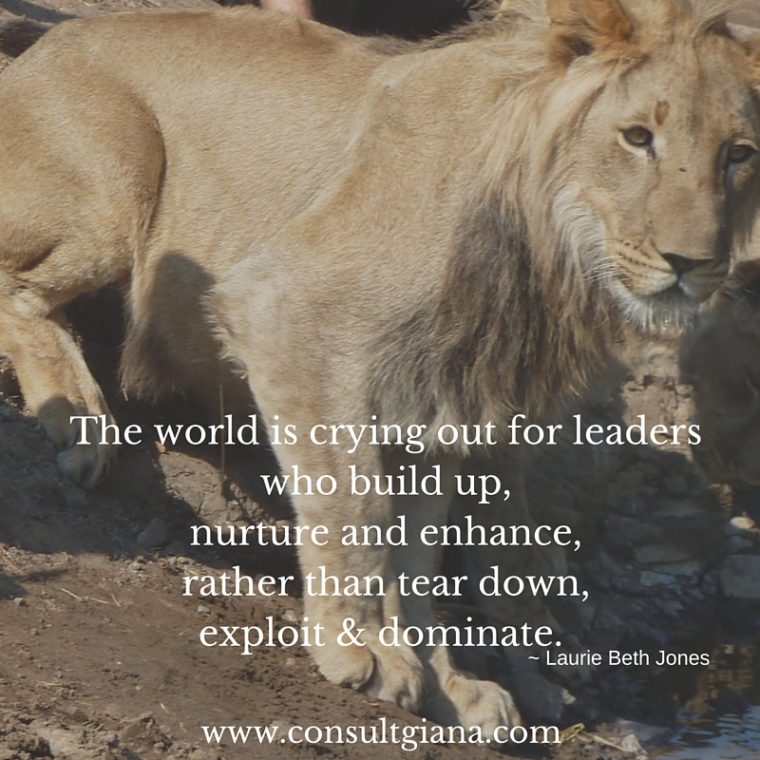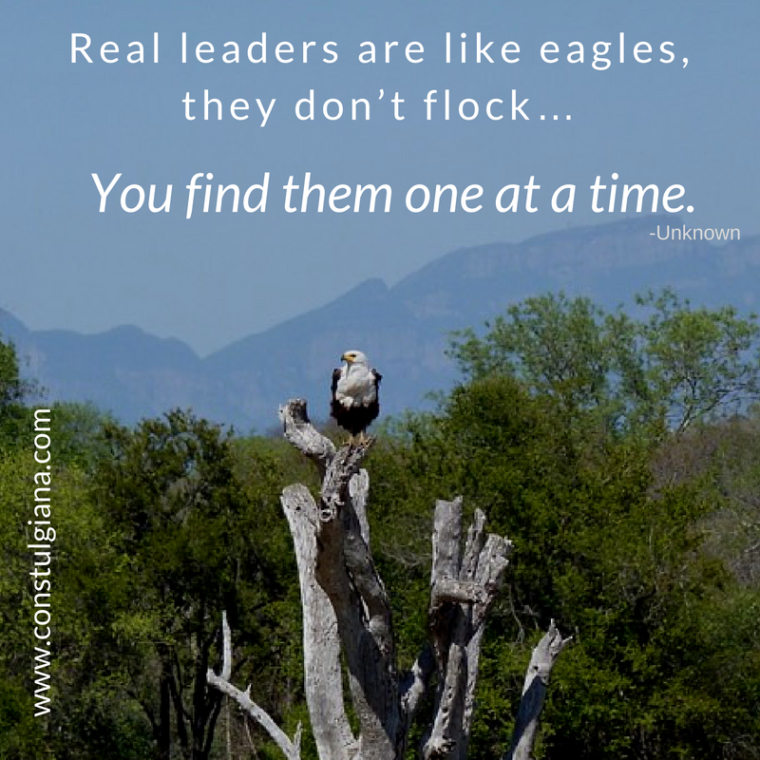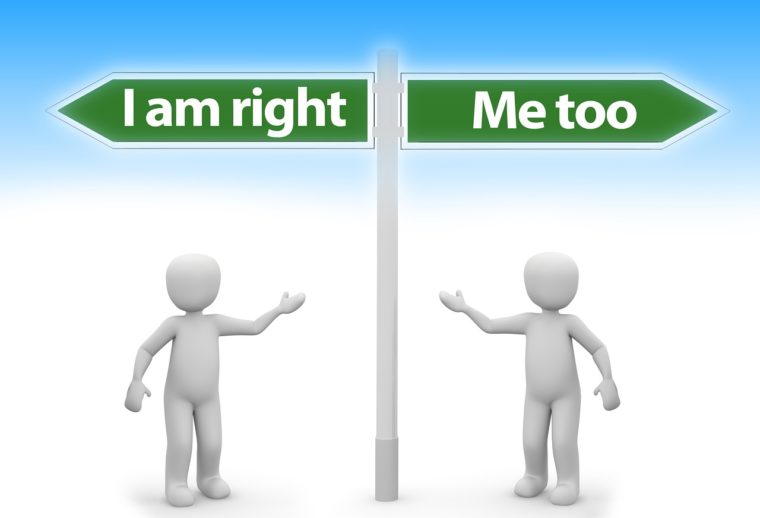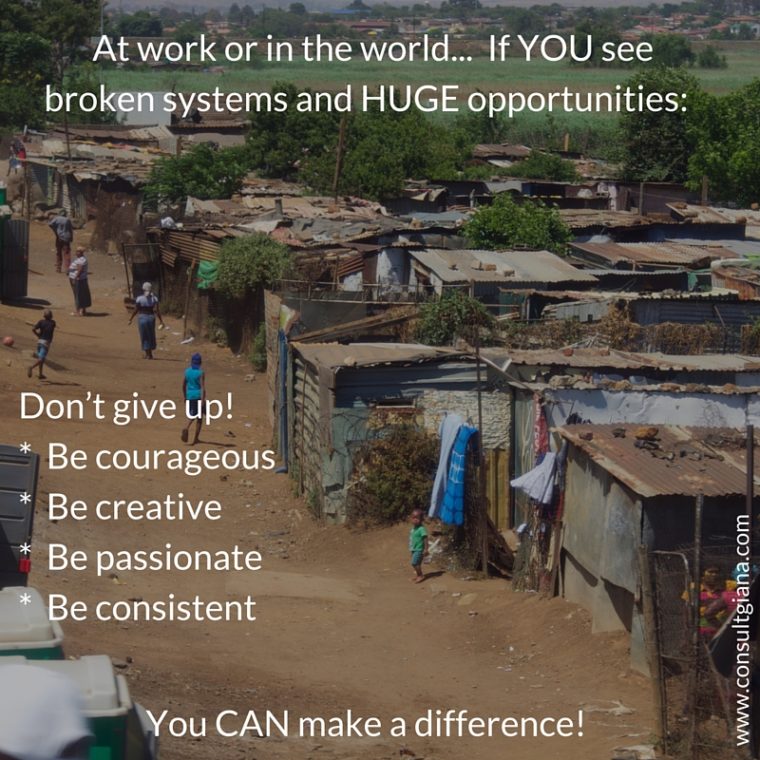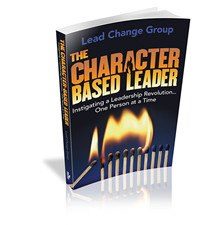
This weekend, we spent time with my sister and her family. Several years ago they adopted a three-year-old little boy.
Jason was born with a genetic condition and under the influence of the drugs and alcohol that his birth mother used during her pregnancy. Collectively, all of those things impact his cognitive abilities.
Jason is a beautiful soul that loves life, people and all kinds of animals. But there are days that he struggles with emotions, decisions and expressing himself.
Over the weekend, I heard stories from his big sister and his mom about times he is having a challenging day. In those moments, they’ve heard him coaching himself with words like these:
- “Gotta be nice, calm down.”
- “You know that’s disrespectful.”
- “It hurts her feelings when you do that”
- “Why do you do that?”
- “I don’t know why, it’s just hard sometimes”
When I shared the story with my husband he was impressed that Jason was trying to use logic to govern his emotions.
He is a pre-teen with the mind of a little boy and a heart that is more mature than many adults.


